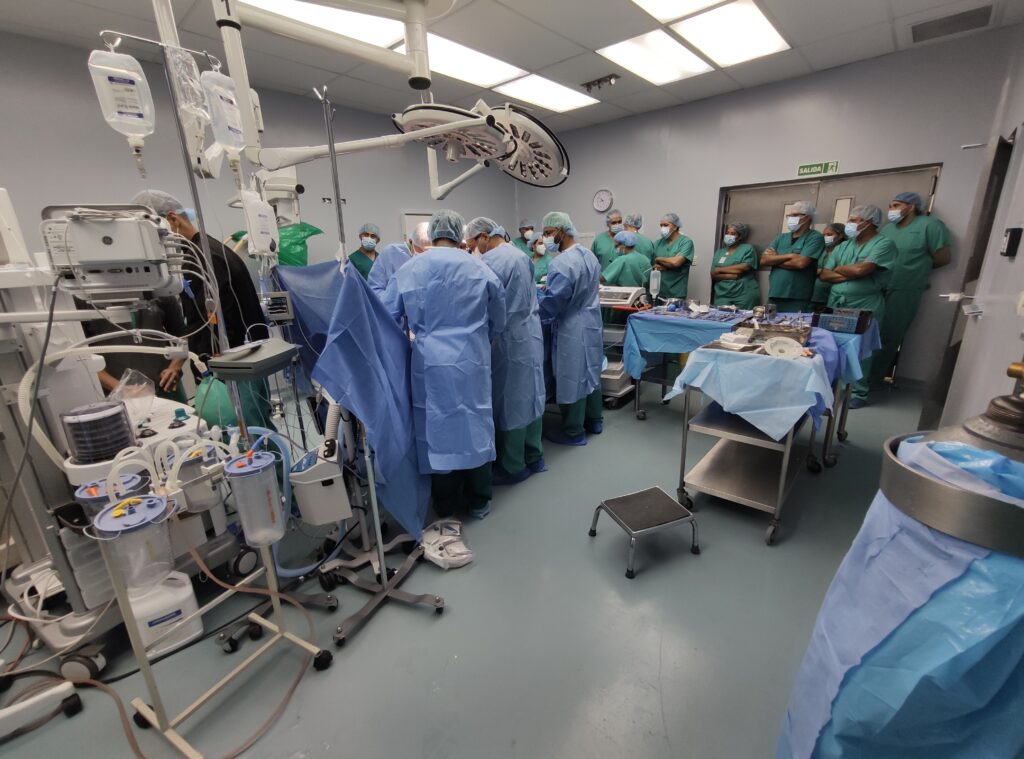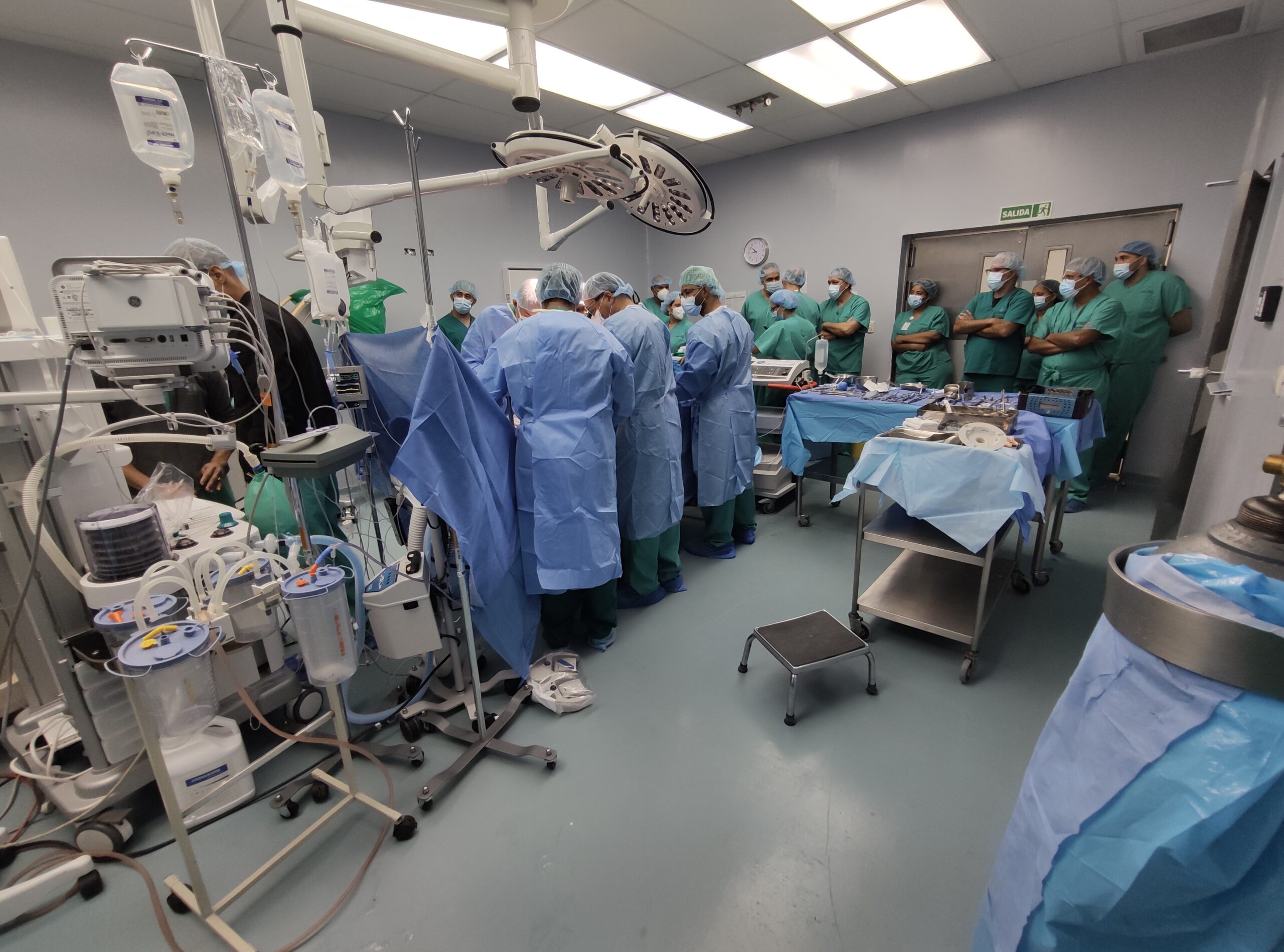Liver care has seen remarkable advancements due to technological innovations, especially in surgical procedures. These developments have significantly improved patient outcomes, reduced recovery times, and minimized surgical risks. This article explores some of the latest technological advancements in liver surgery and how they benefit patients.
The Role of Minimally Invasive Surgery
Minimally invasive surgery (MIS) has revolutionized liver surgery. Unlike traditional open surgery, MIS involves smaller incisions, which leads to less pain and faster recovery. Laparoscopic surgery is a type of MIS where surgeons use a camera and specialized instruments inserted through small incisions to perform the operation. Because of this technique, patients experience fewer complications and shorter hospital stays.
Innovations in Liver Care: Robotic-Assisted Liver Surgery
Another significant advancement in liver surgery is the use of robotic systems. Robotic-assisted surgery allows for greater precision and control during operations. Surgeons control robotic arms equipped with surgical instruments, providing enhanced dexterity and accuracy. This technology enables complex liver surgeries to be performed with minimal invasiveness, leading to better outcomes and quicker recoveries.
Advanced Imaging Techniques
Advanced imaging techniques have greatly improved the precision of liver surgeries. Technologies such as 3D imaging and intraoperative ultrasound provide detailed views of the liver, helping surgeons to plan and execute surgeries with greater accuracy. These imaging methods allow for better identification of tumors and other liver abnormalities, ensuring that healthy tissue is preserved while diseased tissue is removed.
The Importance of Personalized Medicine
Personalized medicine tailors medical treatment to the individual characteristics of each patient. In liver surgery, this approach involves using genetic information and other personal health data to develop customized treatment plans. Personalized medicine can lead to more effective surgeries and treatments, as it considers the unique aspects of each patient’s liver condition.

Enhanced Recovery Protocols
Enhanced Recovery After Surgery (ERAS) protocols are a set of guidelines designed to help patients recover more quickly after surgery. These protocols include preoperative counseling, optimized anesthesia, and postoperative care plans that promote early mobility and nutrition. ERAS protocols have been shown to reduce hospital stays and improve overall patient satisfaction, making them an essential part of modern liver surgery care.
Innovations in Liver Care: Conclusion
Technological advancements in liver surgery have transformed the field, making procedures safer and more effective. Minimally invasive techniques, robotic-assisted surgery, advanced imaging, personalized medicine, and enhanced recovery protocols all contribute to better patient outcomes. Understanding these innovations helps us appreciate the significant progress in liver care and the promise it holds for the future.














